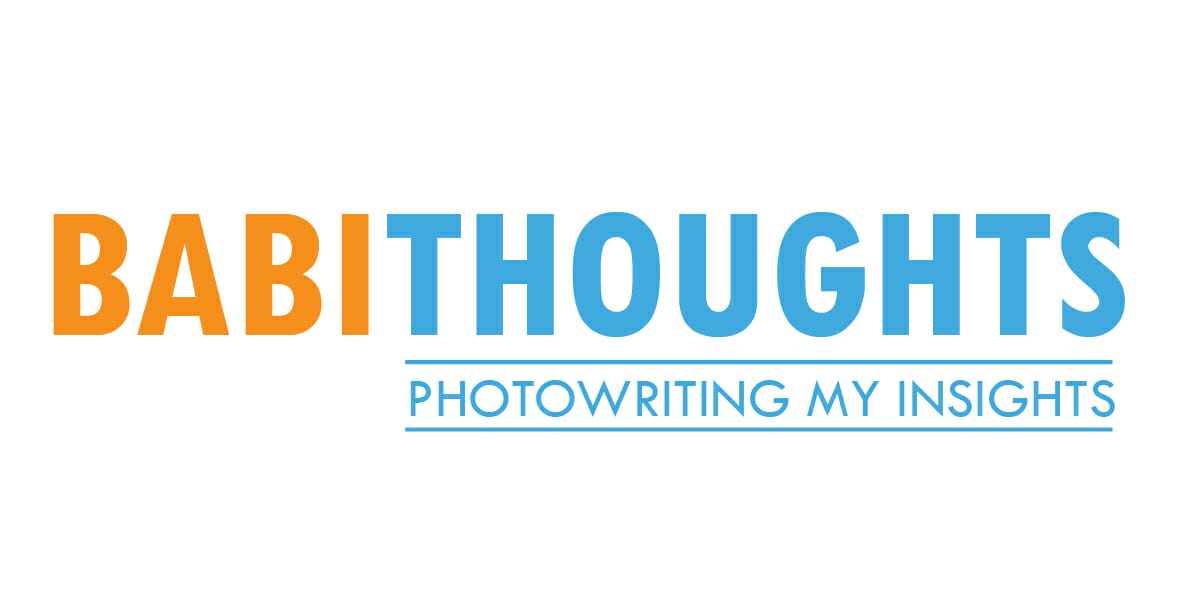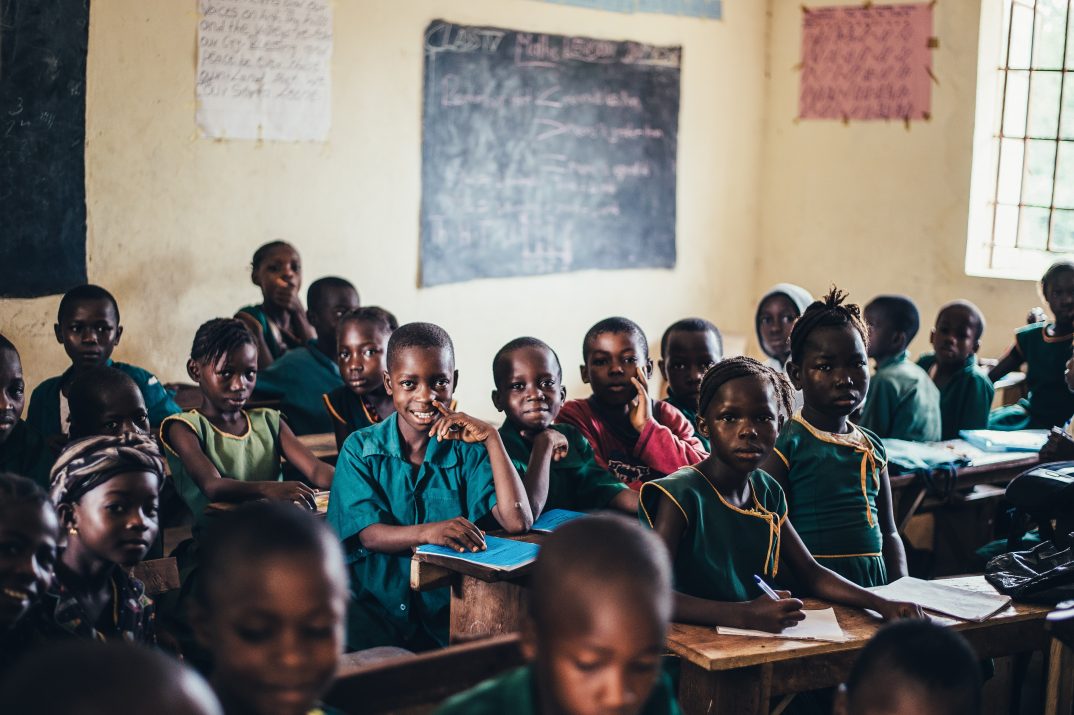
Bitange Ndemo the Kenyan Ambassador to the Kingdom of Belgium and the European Union and a former professor of Entrepreneurship at the University of Nairobi, citing an article by Olivia Goldhill (Doing well in school is nothing to be proud of) noted how high achievers feel validated when results correspond to their achievements. Referring to this study by Olivia Goldhill, he notes that most cultures in modern times treat educational success as a sign of moral worth. Parents, communities, and teachers celebrate kids who do well in school. Apparently and I do agree, they shouldn’t.
‘How you perform in the classroom is the result of a mixture of environmental and biological factors, including but not limited to genetics, your family’s socioeconomic status, the level of emphasis that your family places on education, whether you have a skill set that conveniently matches exam requirements, and whether you have access to good teachers. Doing well in school is, predominantly, a sign of good luck.
On one level, we know that academic success isn’t the only measure of value. Poets and artists and writers who flunk out of school are heralded for the brilliance that their narrow education systems didn’t recognize. But what about all the people who don’t achieve international recognition for their creativity but are still highly creative, or socially graceful, or just plain nice?’, Olivia explains.
Take Kenya for example. Every year, candidates in class 8 and Form four are subjected to national exams which ascertain whether or not they will join high school or the university respectively. They don’t give any regard to the socio-economic background of the candidates. Amid a punishing routine of tea picking, rearing goats, and being a pupil, poor kids are not able to compete comparatively and fairly with those privately schooled children of middle and upper-middle-class families. Getting the right grades has become symbolic of social status and a tool for both the maintenance and negotiation of one’s position within complex social class categories. Unfortunately, the system is not fair.
In other words, the education system is not a sufficient metric to gauge how knowledgeable people are. Bitange proposes Adaptive learning, a product of artificial intelligence that adjusts the presentation of learning material in response to student performance.
Ciarán Daly of AIbusiness.com paints a good picture of this.
‘Do you remember acing your history syllabus and feeling held back by the rest of the class? How about getting stuck on beginning algebra while your schoolmates raced ahead?
The traditional model of classroom education, sadly, continues to be very much one-size-fits-all. A course syllabus is interpreted and delivered by a teacher en masse to large groups of students, with little flexibility allowed for the bright sparks or the slow learners. This is as true of schools the world over.’
Considering this factual representation by Daly, it is difficult for teachers to meet the learning needs of every student in the classroom. Every student is different and has different types of intelligence. Artificial intelligence systems simply adapt to each student’s individual learning needs. The mapping of individual learning systems along with Artificial intelligence (AI) and data science can enable a transparent growth of individuals. Through online learning systems, adults and working professionals get opportunities to enhance their knowledge and skills.
And how exactly does AI adjust content by performance?
Yixue’s Chief Data Scientist Dan Bindman, as presented by Aibusiness.com explains how any adaptive learning system is made possible by three components.
The first is a necessary part of all learning: the content itself. Some subjects are better suited to this than others. Math, for example, has a natural structure and progression to it, whereas more open-ended subjects such as the humanities are more difficult to model. For Bindman, it comes down to the strength of the content itself: “How strong is the content? How complete is the content? How deep is the content? These questions apply whether you’re going to introduce adaptive learning or not: it’s the content you’re going to be teaching.”
Secondly, there’s what Bindman calls ‘diagnosis’. This is where the system identifies exactly what the student does and doesn’t know at an extremely high resolution; something traditionally performed — painstakingly — by a teacher. This is achieved by breaking up the content into units made up of thousands of ‘items’ — a group of similar questions that aim to teach students solutions to specific problems.
“If I showed you how to do x+7 = 14 once, I wouldn’t give you that problem again because you’d just do it by memory. Instead, I’ll give you a different problem,” Bindman says. “That makes up a single item, and in all of Beginners’ Algebra there might be 1000 to 2000 items that make up the entire course.”
What makes adaptive learning special is that it figures out exactly which of those items a student is strong and weak in order to identify what they’re ready to learn. Unlike a traditional classroom where all 30 or 40 students are taught the same thing — regardless of individual progress — adaptive learning is able to provide a highly individualized course syllabus in order to maximize a student’s progress.
Adaptive learning takes student-centered learning to the next level. I conclude with this quote from Olivia Goldhill, ‘Of course pursuing knowledge is a valuable endeavor. But you can gain knowledge whether you’re studying for a final or working in kitchens, farms, concert halls, and railways. The notion that rewards should go to the most intelligent isn’t a sign of a fair society, but a truly unjust one.’




Anonymous
January 31, 2023Good insight
Julius
February 10, 2023Nothing against AI enthusiasts. But if I were to view all these from an philosopher’s point of view of NO absolutes. Then whatever the AI will be teaching is all subjective and will be less teaching. Teaching and education is meant to be continuous. Critiques of education & curriculums will always seek perfection. We surely won’t attain that, rather all that needs to be done is a little tweaking and mending of learning processes. But all that is a difficult ask given the rigidity.